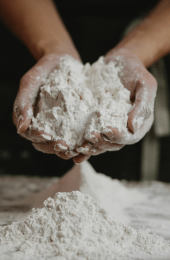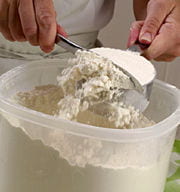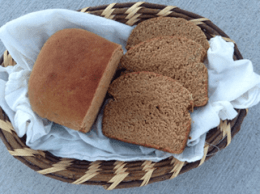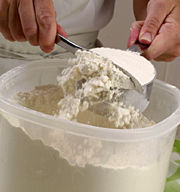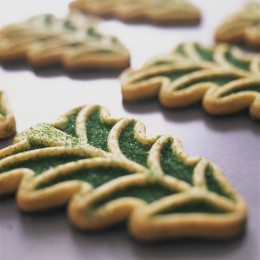Holiday baking season is quickly approaching! It’s important for families to understand the risks of handling raw flour as well as the safety practices they can use to prevent flour-related foodborne illnesses.
On November 1, Noon CST, this free webinar, hosted by the Partnership for Food Safety Education, will highlight the risks associated with raw flour, the perceptions held by consumers in regard to the prevalence of illness, how to safely handle raw flour, and current food safety resources for health and food safety educators to share with consumers.
Guest speakers will include Fanfan Wu, Ph.D. and Sharmi Das with the U.S. Food and Drug Administration.
